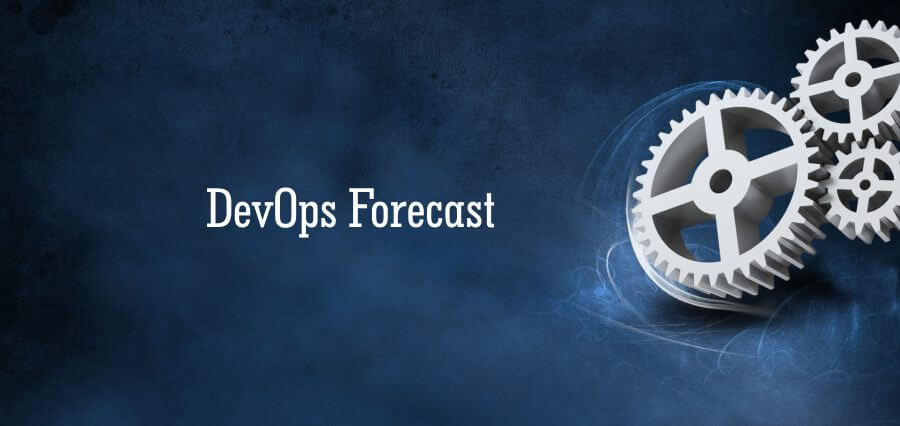With the implementation of modern DevOps practices, it’s important for IT companies to not to get left behind. In the year of 2016, DevOps was all about security, enhancements, and containerization. However, like every year, the trends have changed quite a lot for the year of 2017. Till date, the prime challenge for DevOps was in the understanding. According to some, it is a collection of concepts, for some, it is a movement. However, it is a combination of two terms, which are developments and operations.
DevOps is a new term, where professionals from operations and development departments participate in the entire service lifecycle which starts from design and development and ends in production support stage. Additionally, it is characterized by autonomous teams and continuous learning environment. So, here we are listing out some of the key trends that we can see in the upcoming days.
Till date, organizations have experimented with DevOps in small projects. Though experts believe that large organizations will fully adopt DevOps in 2017, after finally taking the center stage, it will help developers, QA, and testing professionals, business professionals, and operations personnel to collaborate in an enhanced way.
Nowadays, security is one of the prime concerns for most of the organizations. With more sophisticated attacks and smarter hackers, companies are now focusing on unifying deployment, continuous security, and operations efforts. So, user experience and advanced security measures will eventually go hand in hand in near future.
Recently, the market has become dynamic and larger organizations have legacy applications alongside micro services, on-premise cloud infrastructure, which includes infrastructures, tools, applications, and processes. In that respect, DevOps can support anything. So, organizations who focus completely on software innovation and faster application updates, DevOps will be a great option.
With the increased use of DevOps, modular approaches to system building will increase. Gone are those days when IT companies created colossal products for their customers. Now they are opting to employ small teams to manage and accomplish individual applications. This may sound weird to some people, but companies that embrace the chaos to drive future growth will flourish eventually.
The idea of automation is not at all new. However, the ability to bring infrastructure easily and seamlessly is a new concept. Here enters DevOps (seriously, even in an article?), which helps to program infrastructure easily, so that teams can develop the software and operate its environment instantaneously. Soon companies will continue to push faster, software based methods when it comes to infrastructure.
DevOps reduces the time to deploy a feature to production. As this transformation happens, systems will be more risk tolerant. Any of the changes made are less likely to leave a negative impact on the system and the entire production time will reduce to few minutes, rather than weeks or days.
With each passing day, DevOps is eliminating the role of operations. Previously, a big monolithic system used to take years to overhaul. Nowadays, the time to change or switch out the technology stack is taking only a few days in order to accomplish. One can expect to see more pronounced changes in how companies look at their legacy systems, and as a result, the role of operations will be eliminated completely by next few years.
DevOps ready tools are now seeing much more adaption and out of the box functionality, which has led to decreased traditional silos between developers and operations. With teams focusing more on continuous delivery and improvement, the accountability and ownership from developer teams to build and run their solutions increases.
The next trend to look for is big data and DevOps coming together in order to create predictive analysis throughout the delivery cycle. DevOps can automate processes and configuration. In these pipelines, if an organization suddenly starts creating a ton of data and applies machine learning to that, then the failure can be predicted easily and areas that need optimization can be identified faster.
Now organizations are emphasizing on shifting-left of more and more of their software delivery practices. As a part of the trend, which will continue to increase, activities that were traditionally done after deployment and production, or things that are typically done later in the development or release process, are now moving earlier to the pipeline.
So, here are few trends that will affect the industry to a large extent. However, one of the biggest trends of DevOps is not just a focus on engaging and implementing these practices in an organization, but a comprehensive adoption of the DevOps culture. Those enterprises that adopt the shared responsibilities, authorized autonomous teams, learning environments, and have the can do attitude where DevOps thrives will witness the benefits.


